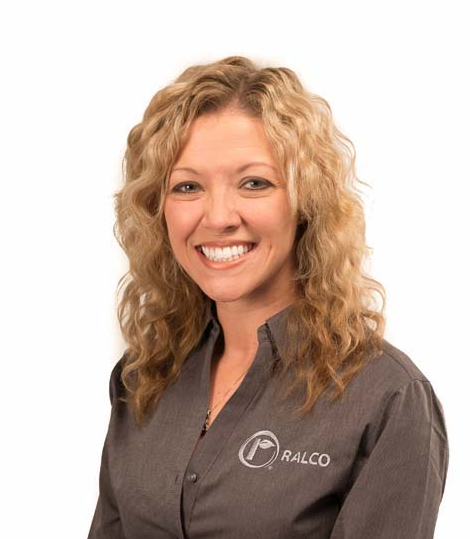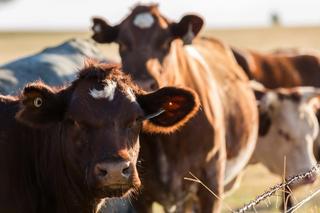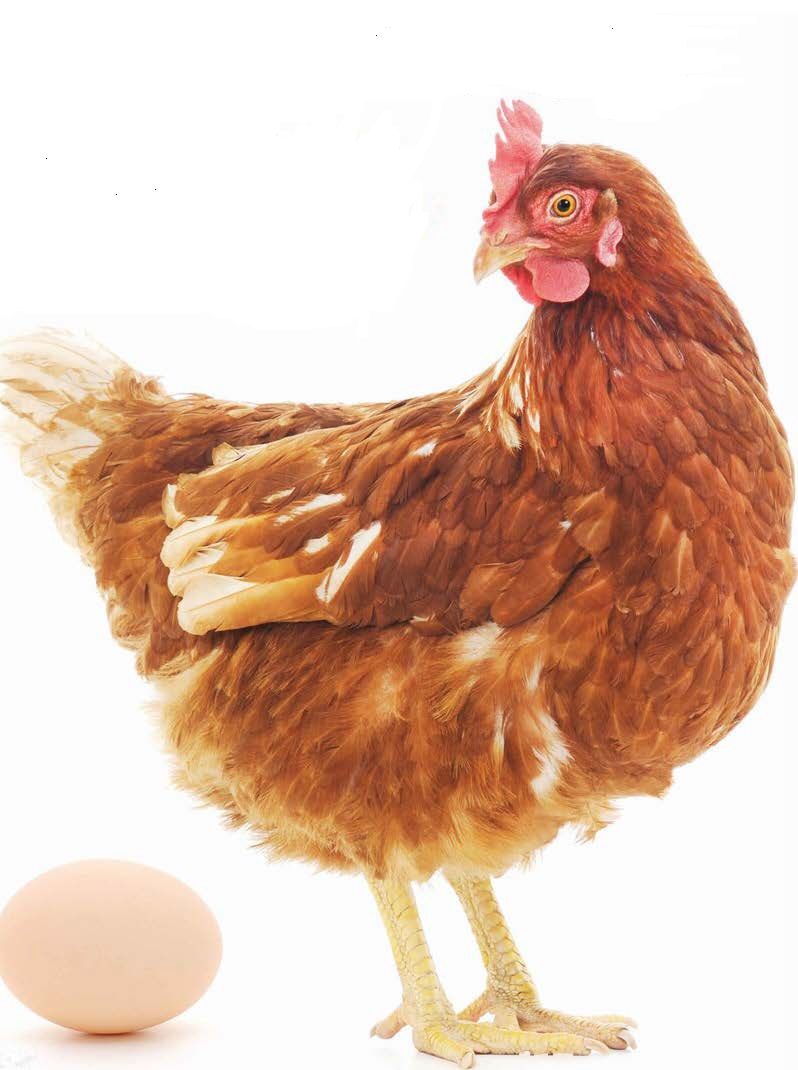A Day at the Spa
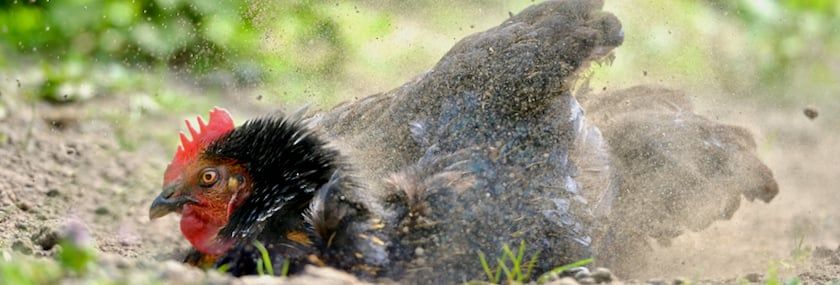

Supporting your birds’ natural skin care regime
Birds are naturally meticulous about their appearance and have many natural ways to keep themselves clean and well groomed. Methods of grooming are essential not only for appearance but are also ways that birds naturally keep themselves healthy and protected from parasites. Two of the ways poultry naturally groom themselves are preening and dust bathing.
Preening
One of the ways birds groom themselves is with their beak and is known as preening. Preening is the method birds use to keep all of its feathers in perfect condition. Feathers are an extension of the bird’s skin. Feathers grow in areas called feather tracts and also have normal areas, outside of these tracts, where feathers do not grow.
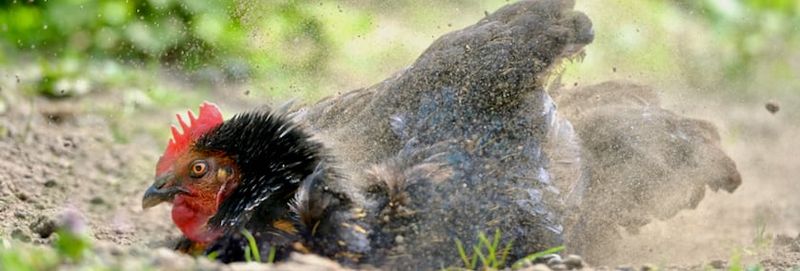
Feathers serve as protection and waterproofing the birds. They are also important insulation; birds can alter the position of their feathers and trap air between them to increase surface area and aid in thermoregulation. Feathers are composed of long hollow shaft with many long thin structures extending off of the shaft called barbs. The barbs are held together by smaller structures called barbules.
When barbs are pulled apart, the feathers become infective at insulating and waterproofing the bird.
Birds preen by running their beak through their feathers realigning these barbs and restoring proper function.
Birds have a structure known as the preening gland located at the base of their tail. This gland produces a waxy oil. Birds can use their beaks to extract this oil and pass it throughout their feathers.
This oiling of the feathers prevents them from becoming brittle and aids with the insulation and waterproofing. Though normally an individual activity, chickens are known to also preen each other.
If a bird’s feathers do not look well-cared -or, it may be a sign there is a health issue (nutrition, disease, parasites) or other stressor and warrant further investigation.
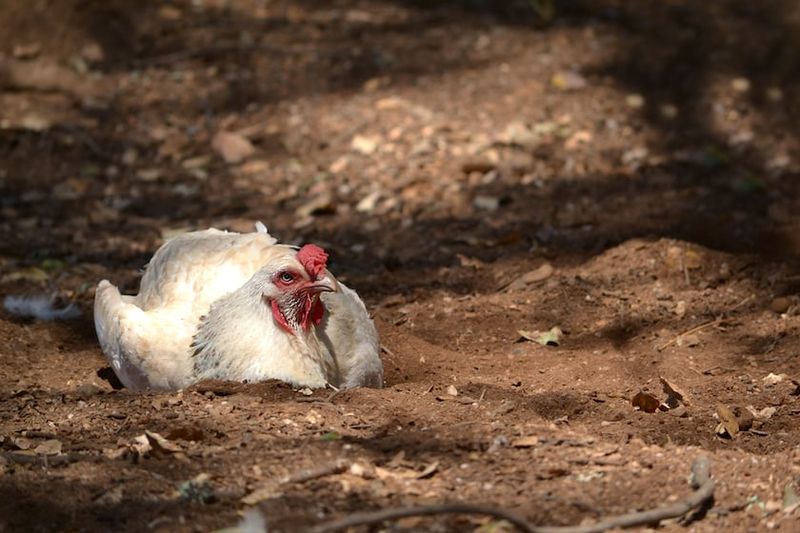
Dust bathing
Have you noticed your bird’s rolling or moving around in the dirt? This may startle or concern some new small flock owners, but this is a normal behavior that chickens and some other animals perform that is known as dust bathing.
Poultry naturally clean themselves by dust bathing. They do this to cleanse their skin and feathers of parasites and other skin irritants as well as exfoliate their skin. It also helps disperse and prevent excessive buildup of the oil from preening.
Dustbathing usually begin with the birds scratching at the ground. Then they begin raking dust closer to their bodies, before squatting down with their feathers standing up. The birds will then kick dust up into their feathers. They shake their wings vertically, and rub their heads along the ground. Dustbathing usually wraps up with the bird standing up and shaking off excess substrate from their body.
When birds have access to dust baths, they will perform dustbathing approximately every two days.
Even when chickens do not have access to dust baths, they will still go through the motions of dust bathing. Interestingly, in behavioral studies, hens have shown a willingness to work (to do tasks asked of them) in order to gain access to material for dust bathing. There are countless studies that have confirmed the significance of dustbathing for feather maintenance in poultry.
What does bathing does
Ectoparasites are organisms that live on the exterior of another organism. Ectoparasites can cause damage on their own, but can also be a disease vector—meaning the parasites can carry/spread disease.
Common ectoparasites in poultry include lice and mites.
More recent research has demonstrated that birds offered dust baths reduced ectoparasites 80-100%, when compared to birds that did not have access to dust baths. This supports that dust baths/boxes can be a simple and effective method to control ectoparasites in backyard flocks.
Remember, prevention is also a key to controlling parasites. Designing and implementing a biosecurity program for your block with your veterinarian is an important way to prevent parasites from encountering your flock.
Control of rodents and other pests as well as preventing contact with wild birds is extremely important to prevention of parasitic infestations.
Creating a dust bath, er, spa
Birds may naturally excavate their own dust bathing hollows in favored locations that they have access to. You may also wish to provide a dust bath for your flock. This is especially important in colder climates, or to protect your lawn!
When designing a dust bath, consider a shallow box with 3-4 inches of substrate. Flock owners often use sand, dirt, wood ash or a combination of substrates. Adding sand to dirt can help prevent clumping. Research studies have demonstrated that peat is a highly preferred substrate by poultry and that sand is highly attractive as well as beneficial.
Substrates that have were not attractive to poultry included include rice hulls, wood shavings, and paper. You may wish to add sand or other additives to improve the effectiveness of the dust bathing substrate to naturally excavated dust baths or provided dust baths.
Diatomaceous earth is a common additive to dust baths. It is naturally occurring, soft, rock crumbled into a fine off-white powder. It can aid in the flow of dust bath substrate and is believe to aid in the removal of ectoparasites. Other dust bath boosters such as zeolite can add in the absorption of moisture and potential odors. Zeolite is a natural volcanic mineral with that possess a natural negative charge which allows it to absorb liquids and odors.
Strong Animals Preen Queen dust bath additive contains diatomaceous earth, zeolite and peppermint and citronella essential oils which have known properties to repel insects.
There are many different dust bath ideas out there. When choosing dust bath additives, use products proven to be safe for use with poultry. If you have any concerns about current flock ectoparasite infestations, contact your veterinarians for a treatment plan.
Dust baths are most effective as prevention in conjunction with your biosecurity program. Current infestations may be too severe for a dust bath to bring parasite loads down to a controllable level without support.
When it doubt, contact your veterinarian.
Tags:Poultry Advancements

Chicken Whisperer is part of the Catalyst Communications Network publication family.


